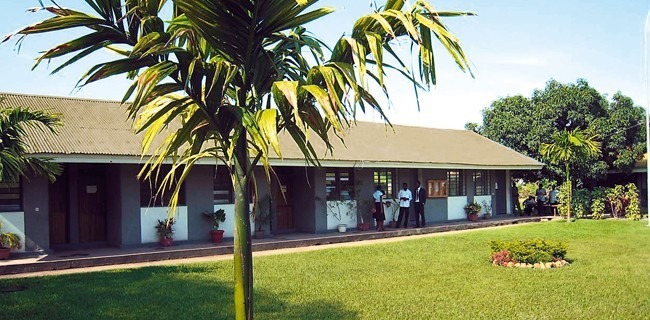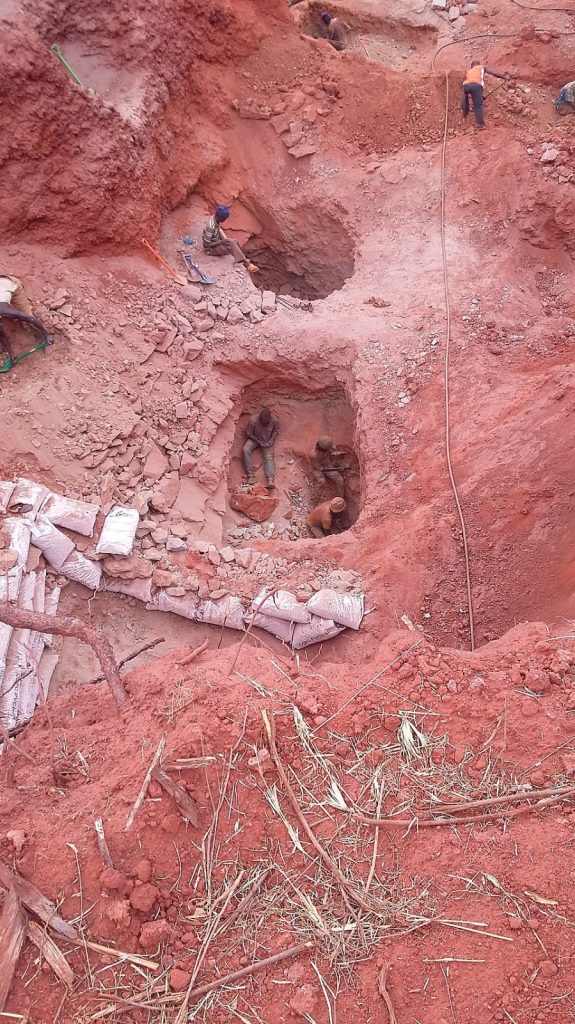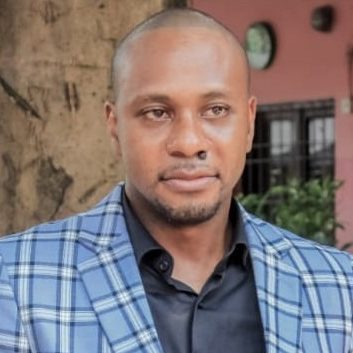How DAAD Centres of Excellence are shaping an innovative master’s program to transform artisanal mining through inclusive finance.
A new master’s programme proposal aims to redefine Africa’s artisanal mining sector, linking microfinance, sustainable development, and digital higher education in a unique collaboration between universities in the DRC and Kenya.
Across Africa, millions depend on artisanal and small-scale mining (ASM) for their livelihoods. Yet for many, mining remains informal, risky, and financially inaccessible. The proposed Specialized Master’s in Microfinance for Sustainable Development and Artisanal Mining Formalization(MSD FEMA) seeks to change that.
Developed by the Université Protestante au Congo (UPC) in partnership with Taita Taveta University (TTU) in Kenya and the Congolese German Centre for Microfinance (CCAM), MSD FEMA is designed as an online master’s program to train professionals who can use microfinance as a lever for sustainable change in Africa’s mining communities. The programme will be hosted on the Via DIGIFACE platform.
“This collaboration exemplifies how DAAD investments continue to create impact long after initial funding, through African-led innovation and partnership.”
While CCAM has completed its DAAD funding phase and CEMEREM is nearing its end, the two centres have chosen to build on their strengths together. This new partnership demonstrates sustainability beyond funding cycles, showing how DAAD’s vision continues to empower universities to generate lasting regional impact.
The DIGI-FACE platform has played a vital role in enabling this collaboration, fostering a vibrant network where African academics co-create knowledge, share resources, and design solutions tailored to local realities.

Bridging Key Gaps in Higher Education and Development
The Democratic Republic of Congo (DRC) holds vast mineral wealth, but its artisanal mining sector, (as in Kenya?), remains mostly informal, facing challenges in safety, environmental stewardship, and financial inclusion. At the same time, the DRC’s Ministry of Higher Education (MESU) is advancing the digitalization of learning through its Directorate for Open and Distance Learning (DFODL).
The MSD FEMA initiative aligns with these developments by addressing two major gaps:
- The lack of specialised academic training linking microfinance, sustainable development, and mining formalization.
- The need for accessible, high-quality online education aligned with MESU’s Open and Distance Learning (FOAD) strategy.
By combining our digital teaching expertise, TTU’s mining and governance knowledge, and CCAM’s microfinance experience, the programme aims at producing professionals capable of driving real-world transformation in the ASM sector.

Innovative Learning for Impact
The proposed MSD FEMA programme will follow an online-first model that combines flexibility, interactivity, and mentorship:
- Asynchronous learning: Recorded lectures, case studies, and self-paced materials on DIGI-FACE.
- Synchronous sessions: Virtual seminars and real-time workshops.
- Personalized mentorship: Continuous support from faculty across UPC, TTU, and CCAM.
Assessment will blend continuous evaluation, final examinations, and a master’s thesis or applied innovation project focusing on tangible community impact.
If approved, the programme will award a joint degree recognized by UPC and TTU, a strong signal of academic cooperation and continental partnership.
Looking Ahead
The MSD FEMA Master’s is still under academic consideration, but its vision already embodies the DAAD ethos of sustainable academic partnership. It illustrates how African universities, empowered by digital tools and shared expertise, can build innovative education models that address local and continental challenges.
By merging microfinance and mining, MSD FEMA hopes to create a blueprint for inclusive, sustainable, and equitable resource development. That is one that empowers communities and strengthens Africa’s capacity for self-driven transformation.
You must be logged in to rate posts.
1 Comments
Leave a Reply
You must be logged in to post a comment.




Great example of cooperation between DAAD Centres! Long live the MSD FEMA Master programme.